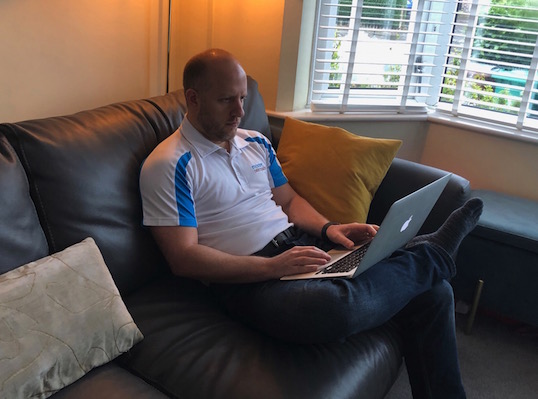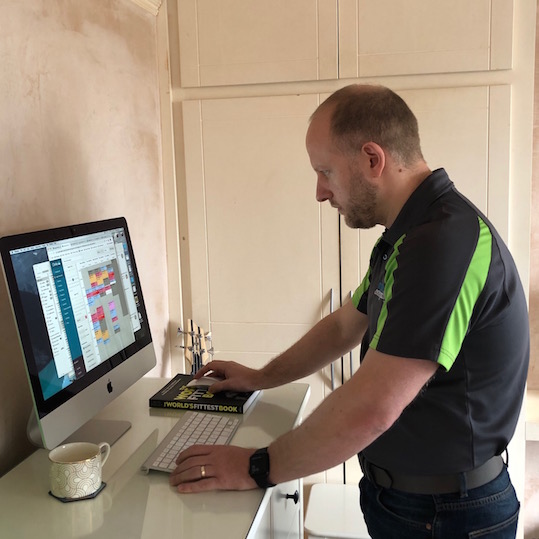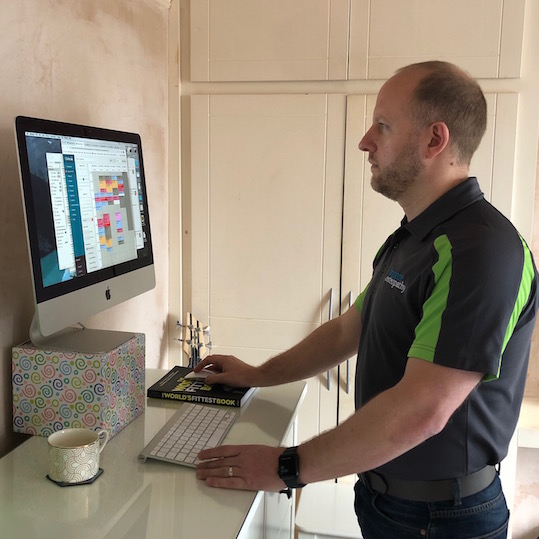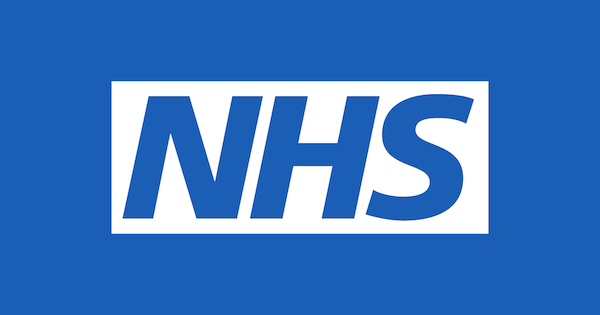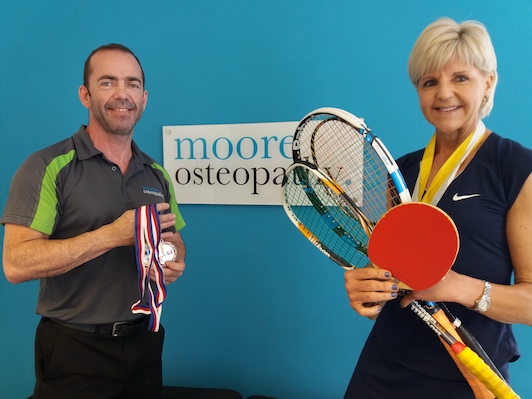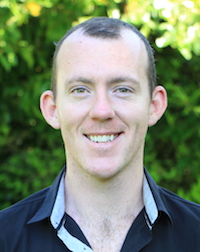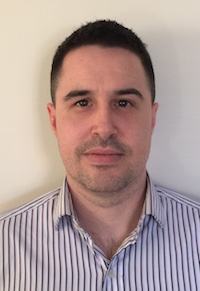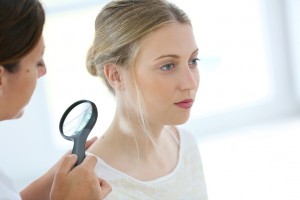 In the UK, 100,000 new cases of skin cancer are detected each year, with more than 2,500 people dying annually. Although treatment is improving, the rates of the most fatal of skin cancers, malignant melanoma, is rising faster than any other common cancer.
In the UK, 100,000 new cases of skin cancer are detected each year, with more than 2,500 people dying annually. Although treatment is improving, the rates of the most fatal of skin cancers, malignant melanoma, is rising faster than any other common cancer.
As Osteopaths, we usually see patients in a state of partial undress to observe their posture and movement. At the same time we will often observe for skin changes as part of their assessment and may ask you about moles on your skin. If there are any concerns, we will recommend that you seek medical help.
Prevention
When the sunny weather finally arrives in the UK, or when we take our well-earned trips abroad, it can be tempting to embrace the sun. However, it is important to remember the importance of sun safety. One of the main preventable causes of skin cancer is UV exposure, but the following tips can help you stay safe this summer.
Sunscreen – It takes around 20 minutes for the skin to absorb sunscreen, so it should be applied before going out into the sun. Sunscreen should be reapplied at least every two hours (though this may be less depending on your skin type), and sooner if you’ve been swimming or sweating. It is best to use sunscreen that is SPF30 and has a five-star UVA rating.
Cover up – Although it’s not great for getting a tan, the best sunscreen is clothing. Wearing a t-shirt and a hat can prevent skin damage.
Timing – The sun is strongest around noon, so you should avoid being in the sun at this time as it can take very little time for skin to burn.
Detection
With early detection, skin cancer can be treated effectively. The following tips help to increase the chances of spotting possible skin cancer:
Know what to look for – Skin cancer varies, so any concerns about abnormal skin conditions should be checked. However, the most common signs of a malignant melanoma follow the ABCDE checklist.
Check yourself regularly – You should routinely do a full body check of yourself, making note of any moles that are worth keeping an eye on, and getting any that cause concern checked by an expert. If you think a mole is growing or changing, it’s worth measuring it and taking a photo, so you can be sure if there is any change.
Get help – It’s not easy to see every part of your body, and your back is one of the most common places for skin cancer to occur. See if there’s someone you can ask to help you or ask your osteopath to check the skin on your back for you.
Get it confirmed – If there is a mole or other skin problem that is causing concern, get it checked by an expert as soon as possible.
The ABCDE check list
If you find a new mole, have an existing mole that you think has changed, noticed any of the following signs, or you have a concern about a mole or other skin condition, it’s always best to have it checked.
Asymmetry – Is it an uneven shape?
Border – Are the edges of the mole uneven?
Colour – Are there different shades of black, brown or pink?
Diameter – Does it have a diameter larger than a pencil eraser? (6mm / ¼ inch)
Evolving – Has the mole changed size, shape or colour?
As always, if you have any questions about a mole or skin mark that’s giving you cause for concern, just ask us and we’ll see if we can help. Stay safe 🙂
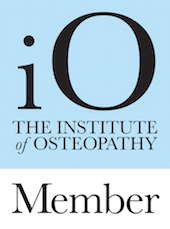
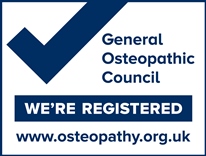
 September 17, 2020 | Posted by Richard
September 17, 2020 | Posted by Richard  Categories:
Categories:  Tags: |
Tags: | 
